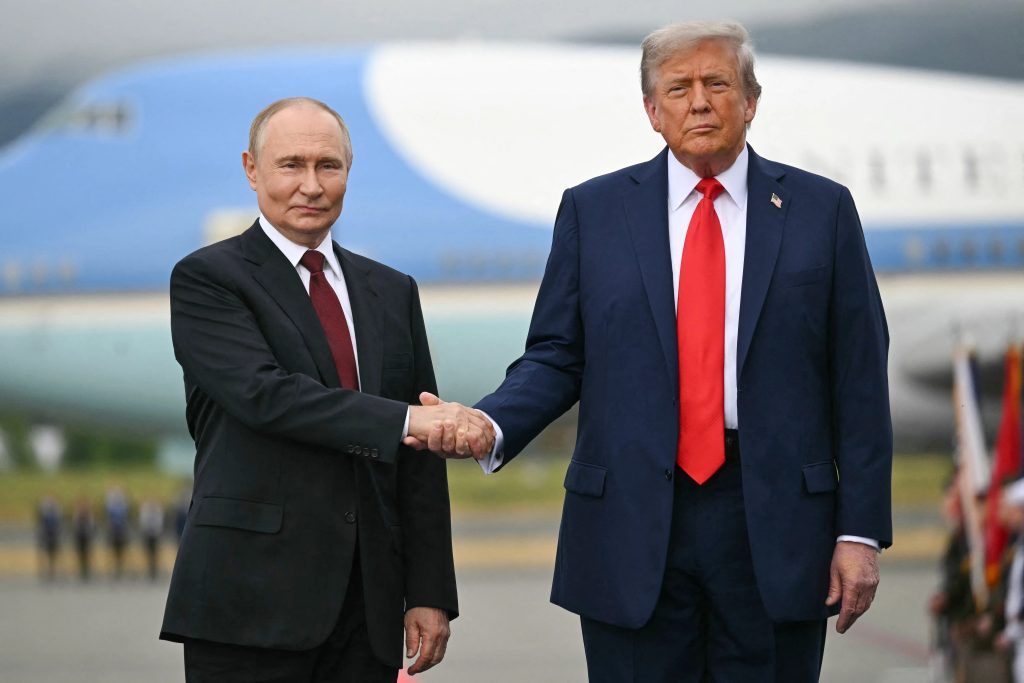Kim Jong Un’s Diplomatic Re-emergence: A New Era of Alliances
In a striking turn of events, North Korea’s isolated leader, Kim Jong Un, is poised to receive a diplomatic welcome on par with Russian President Vladimir Putin during upcoming visits to China. According to South Korean intelligence officials, the significance of this visit cannot be overstated, as it marks Kim’s first trip to China since 2019, deepening his ties with both Beijing and Moscow amid growing global tensions.
A Trilateral Meeting Unlike Any Before
Observers of international relations are closely watching how Chinese President Xi Jinping engages with both Kim and Putin during these encounters. Notably, Xi, Kim, and Putin have yet to convene for a trilateral discussion, despite being depicted as allies in a world increasingly polarized by conflict. This meeting, which could solidify their partnership against a backdrop of Western opposition, might change the dynamics in the Asia-Pacific region.
Special Protocol for Kim
The South Korean National Intelligence Service has indicated that Kim Jong Un is expected to be afforded special diplomatic protocol in China, a status previously reserved for leaders like Putin. Lawmaker Lee Seong Kweun shared insights from an intelligence briefing that emphasize the extraordinary level of security and attention Kim is set to receive. Observers speculate that Kim might even appear alongside Xi and Putin during a military parade in Tiananmen Square, symbolizing a united front.
Expanding Ties Beyond Isolation
In addition to his ceremonial role, Kim is expected to conduct bilateral meetings with both Xi and Putin. This opportunity for dialogue may allow for discussions on mutual interests and strategies, effectively seeking to break out of North Korea’s long-standing isolation. In this context, Kim’s presence at various state dinners and cultural events signifies a push for deeper integration into the international arena, albeit within this tightly-knit alliance.
North Korea’s Military Positioning
Compounding these diplomatic maneuvers is the increasing support Kim has extended towards Russia’s efforts in the ongoing Ukraine conflict. Recent reports suggest that North Korea has deployed a considerable number of troops to assist Russia, bolstering its military alongside Moscow in a time of global strife. This connection further underscores Kim’s determination to solidify North Korea’s role on the international stage, supporting an ally while enhancing his standing within this new geopolitical framework.
Documenting Sacrifices in War
In an alarming parallel to his diplomatic endeavors, North Korea has recently released a controversial documentary glorifying the actions of North Korean soldiers who have fought alongside Russian forces in Ukraine. This film showcases extreme instances of battlefield suicides, depicted as acts of "heroic sacrifice." The North Korean regime’s narrative frames these tragic choices as noble, promoting a message of unwavering loyalty and valor in the face of adversity.
The Trap of Alliances
As global tensions escalate, the alliances formed among leaders like Xi, Kim, and Putin may represent a challenge to the established international order led by the West. China’s influence over these authoritarian regimes poses a significant question: Could this coalition redefine global alignments and power structures? Analysts suggest that the self-styled "Axis of Upheaval" could emerge, shifting military and diplomatic balances in the region and beyond.
Global Implications
With the world watching closely, the ramifications of these developing relationships could stretch far beyond the immediate region. Should this alliance deepen, it could alter military strategies in the Asia-Pacific, challenge existing alliances, and reshape global responses to emerging threats. The strategic implications of a united front between North Korea and Russia, backed by China, could compel Western nations to reassess their diplomatic and military postures in response.
In summary, as Kim Jong Un embarks on this critical journey, the outcomes remain uncertain but undeniably significant. This period may well signify a new chapter in international relations, marked by shifting allegiances and the forging of new paths amid a backdrop of heightened global challenges.

